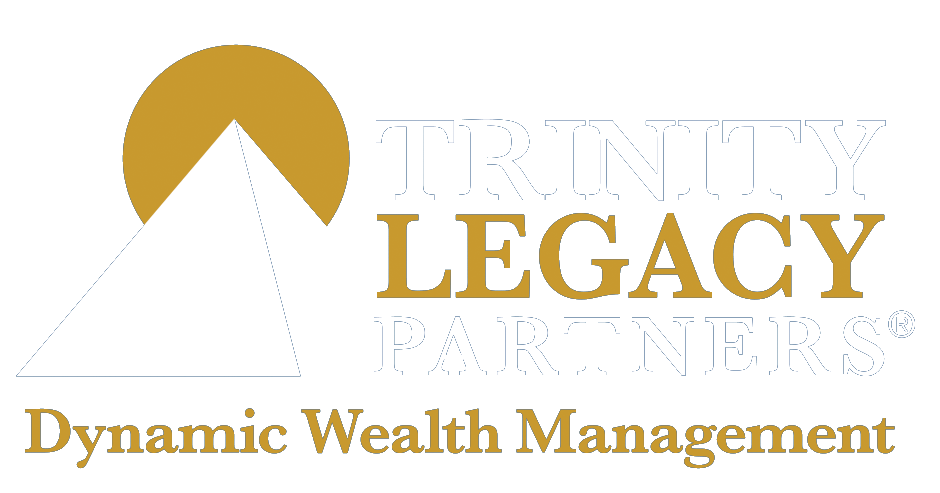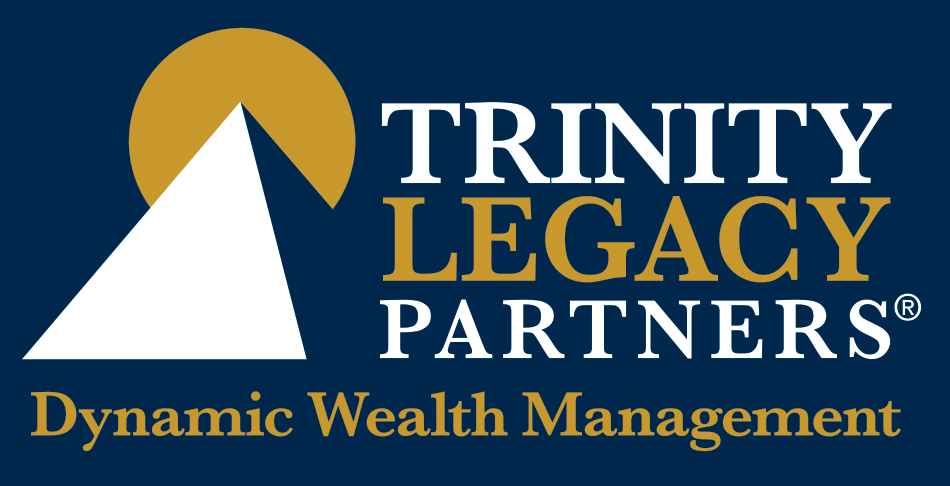24 Greenway Plz, Houston, TX 77046, United States of America
Investing can seem daunting and overwhelming. Schools and colleges rarely offer classes on investing if you are not a business major, so it can be difficult to deposit your hard earned money into an investment account and have the confidence to endure the market fluctuations.
One way to begin learning about investing is by reading books and research from various reputable sources. In addition to reading books on the subject, the experience gained from investing small amounts can also be an excellent way to augment your learning. The good thing to remember is that it is never too late to start investing. However, the earlier, the better!
No matter how old you are, there are numerous questions a new investor may have – starting with “where to invest?” and “how much?”. The purpose of this article is to walk you through the essential steps to become an investor and answer some questions that you may have.
Where to begin: You can start by opening a brokerage (taxable investment) account and a retirement account with a discount brokerage firm. You can open an account online and transfer money into it without even speaking to a person. Also, if available, contributing to a 401(k) or other workplace retirement plan is highly encouraged and a great way to begin investing.
Initial investment: There is usually a low minimum to open an account, and it is essential to recognize that investment choices for smaller amounts may be limited. The old saying “don’t place all your eggs in one basket” applies to investments, and you should consider a diversified mutual fund or funds to get started.
In addition to mutual funds, exchange-traded funds (also referred to as ETFs) can offer the diversification benefits of mutual funds with the ability to invest a smaller amount than most mutual funds, which may have minimums of $500-$5,000. You should avoid investing funds that you may need in the near term, and be patient as an investor.
Target investment amount: A good rule of thumb is to have at least 3 to 6 months of living expenses in a savings account as an emergency fund before investing. Anything excess of that cash and any other short-term needs would be suitable to invest. There are no limits on how much you can invest in a brokerage account. However, for a retirement account, there are annual contribution limits.
Investment choices: This decision depends on several factors and is unique for every person based on your risk tolerance, time horizon, goals, etc. It is essential to educate yourself before blindly choosing investments from the many options ranging from the stocks of individual companies, mutual funds, ETFs, and various types of bonds.
Although mutual funds provide diversification, they charge fees to cover operating costs, as well as investment management fees for actively managed funds, and many include marketing expenses. Some mutual funds which are sold by many financial advisors include deferred sales charges that represent an additional cost if you sell shares within three years of purchasing the fund. No-load mutual funds and ETFs can be a good place to begin investing since they offer the opportunity to invest smaller amounts while maintaining diversification.
As you accumulate more money and experience, you can consider individual stocks if you’re willing to spend the time to do the necessary research and monitor the stocks you own. Reading finance books, doing some research, and getting a Barron’s or Wall Street Journal subscription are all viable options on how to gain investing insight. If you have sufficient experience and time to do the research to own individual stocks, it is crucial to diversify your holdings at least 20-30 different companies across a variety of industries.
Know your risk tolerance: While it is possible to mitigate the risks of investing by doing your homework and diversifying your investments, knowing your risk tolerance is essential. Financial markets are subject to significant swings in market value, and you need to know how much you are willing to potentially lose, and then choose an allocation that best suits your risk tolerance.
Typically, the market value of government and investment-grade bonds do not fluctuate as much as stocks; however, they do not have the potential to grow as stocks do. Stocks can significantly vary in risk depending on the size of the company, the industry it’s in, and other factors. It is best to choose an appropriate blend between stocks and bonds.
When to buy/sell: Dollar-cost averaging is an investing practice where an investor contributes the same amount of money every period regardless of fluctuations in the financial markets. Over time, following a dollar-cost averaging strategy can provide favorable outcomes compared to trying to invest based on “market timing.” If not impossible, it is challenging to time the market correctly, and market timers tend to miss the ride up because they are too busy waiting for the bottom. Dollar-cost averaging provides a consistent and straightforward rule for an investor to follow.
When determining when to sell in a taxable account, you must remember that you will owe taxes on transactions where you made a profit. Investment gains within a year of purchase are short term gains and taxed at your ordinary-income tax rate, whereas shares held over a year are long term and taxed at a preferred rate called capital gains tax rate.
Behavioral Finance: One of the biggest challenges in investing is human psychology. People tend to follow the herd, have biases, and use emotions when investing. The industry calls this “behavioral finance”. It is key to try to always think rationally and use facts when making investment decisions. Keep in mind that day-to-day fluctuations should not matter (unless you are a day-trader), and regardless what the current market value is, you do not lose money until you sell a position at a loss.
Hiring a financial advisor: This is a personal decision. Investing may seem overwhelming initially, but there are plenty of resources out there that may transform you into a much more confident investor. People often do not have the passion or time for investing their own money, which may be a good indication of whether you should hire someone. Please refer to an article we previously published on Fiduciaries and why it is essential to hire an advisor with your best interest in mind.
Good luck with your investing journey. Please remember that the market values of equities and other securities change every day, and investment gains are not guaranteed.
Disclaimer: The information contained in this article is for educational purposes only. This article’s material should not be used as the primary basis for investment decisions or construed as advice in meeting the particular needs of any investor. Please note that investing involves risk, including a risk of loss, and past performance does not guarantee future results.
Trinity Legacy Partners, LLC is a registered investment adviser located in Houston, Texas. Trinity Legacy Partners and its representatives are in compliance with the current registration and notice filing requirements imposed upon registered investment advisors by those states within which the firm maintains clients.
All information herein has been prepared solely for information purpose, and it is not an offer to buy or sell, or a solicitation of an offer to buy or sell any security or instrument or to participate in any particular trading strategy.
©2024 Trinity Legacy Partners, LLC | 24 Greenway Plaza | Suite 546 | Houston, TX 77046 | Phone 713-999-8053 | info@trinitylegacy.com | Disclosure Information and Firm Brochure | Powered by Levitate


